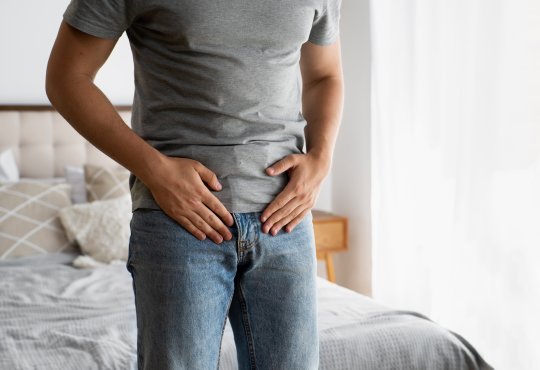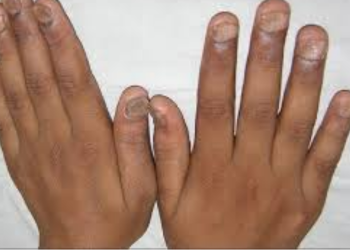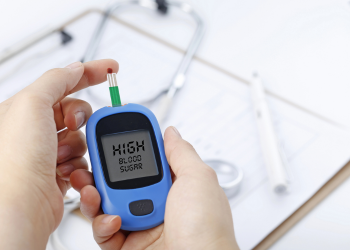BPH

Benign prostatic
hyperplasia also called BPH is a condition in men in which the prostate gland is enlarged and not cancerous.
SYMPTOMS
Common
symptoms of BPH include:
- Frequent
or urgent need to urinate.
- Peeing
more often at night.
- Trouble
starting to pee.
- Weak
urine stream, or a stream that stops and starts.
- Dribbling
at the end of urination.
- Not
being able to fully empty the bladder
The
symptoms of BPH tend to slowly get worse. But sometimes they stay the
same or even improve over time
RISK FACTORS
Risk
factors for an enlarged prostate include:
- Aging. An
enlarged prostate gland rarely causes symptoms before age 40. After that, the
chance of having an enlarged prostate and related symptoms starts to rise.
- Family
history.
- Diabetes
and heart disease.
- Lifestyle. Obesity
raises the risk of BPH. Exercise can help lower the risk.
Fruits,
vegetables, and healthy fats may benefit your prostate health. A poor diet may
worsen your BPH. If you have BPH, it’s a good idea to avoid processed foods,
sugars, and large amounts of carbohydrates as well as:
- Alcohol.
- Caffeine.
- Dairy.
- Red
meat.
- Sodium
(salt)
HOMEOPATHY
Symptoms
of BPH will get relieved very fast with homeopathic medication.





